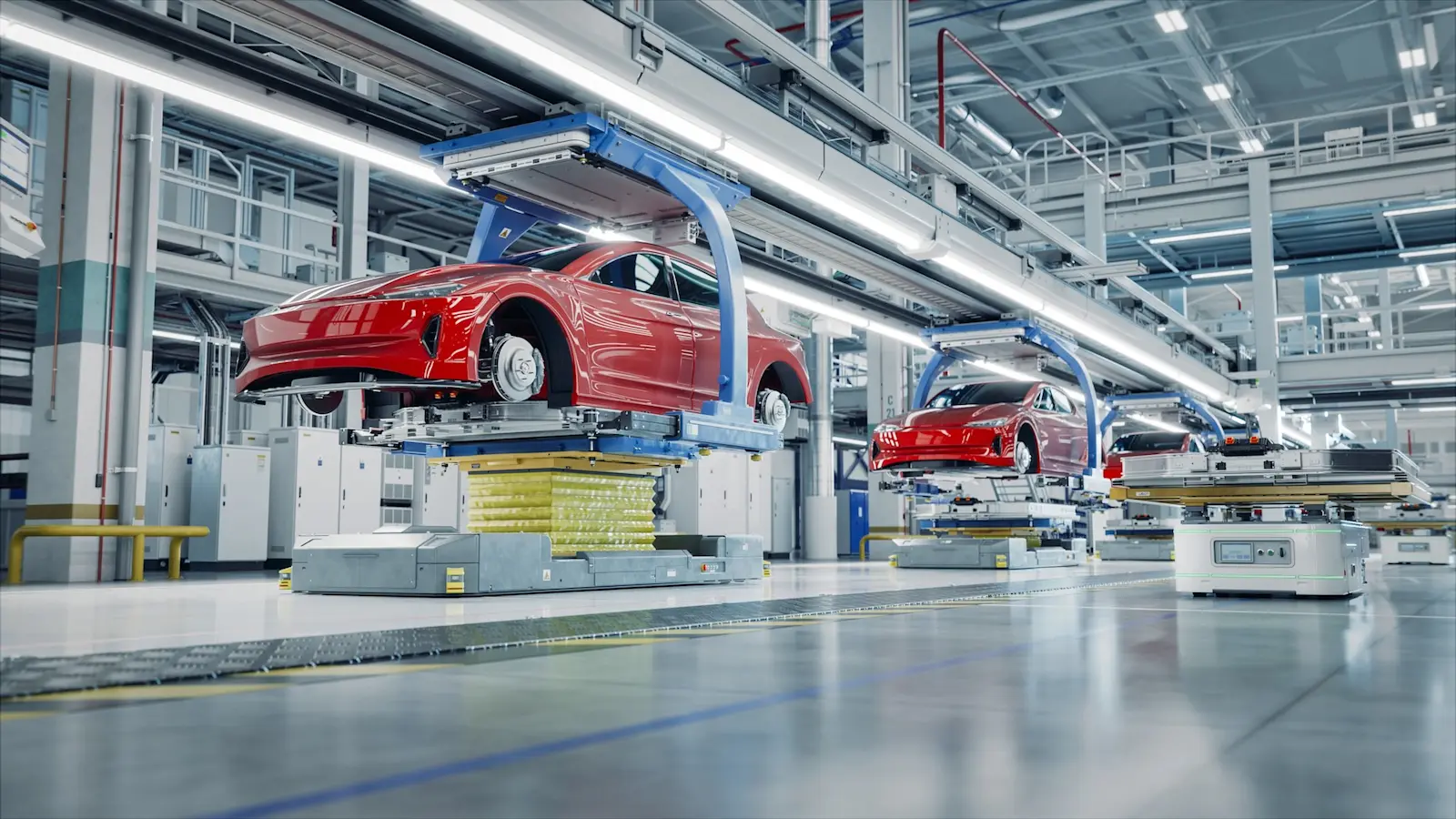The global automotive industry is undergoing significant transformations, driven by technological advancements, regulatory shifts, and evolving consumer preferences. As highlighted by platforms like Attac Project, the industry is moving towards more sustainable and innovative solutions. This article explores the latest trends and news shaping the auto sector in 2025.
BMW Pauses Electric Mini Production in Oxford
BMW recently announced a halt in the production of electric Mini cars at its Oxford plant, despite an initial investment of £600 million. The decision stems from market uncertainties and the slower-than-expected transition to electric vehicles (EVs). Industry experts believe that regulatory challenges and supply chain disruptions have contributed to this setback, prompting BMW to reassess its strategy for the Mini brand.
New York’s Zero-Emission Vehicle Mandate
In a bold move to combat climate change, New York has mandated that 35% of all new cars sold in 2026 must be emissions-free, with a goal of achieving 100% by 2035. While environmental advocates applaud this initiative, auto dealers warn of challenges such as inadequate charging infrastructure and high vehicle costs. Many fear that the mandate could drive consumers to purchase traditional fuel-based vehicles from other states, impacting local businesses.
Thailand’s Auto Industry Faces Production Decline
Thailand, a key player in the global auto manufacturing sector, has reported a significant drop in car production. In January 2025, production plummeted by 24.63%, largely due to weak domestic demand and declining exports. The rise of Chinese car manufacturers has intensified competition, affecting Thailand’s export-driven auto sector. The government is exploring financial support options for auto loan accessibility to stimulate demand.
Mercedes-Benz’s Strategic Shift Amid Market Challenges
Luxury carmaker Mercedes-Benz has announced major cost-cutting measures and plans to diversify its product lineup. Over the next few years, the company will introduce 19 new combustion engine models alongside 17 battery-electric vehicles. This move reflects Mercedes’ strategy of balancing traditional and electric models to navigate economic uncertainties and fluctuating consumer demand.
China’s Ban on Connected Vehicle Software Creates Industry Concern
China’s recent decision to ban certain connected vehicle software has sent ripples through the auto industry. Automakers must comply with stringent new regulations, set to take effect for model year 2027 vehicles. This regulation has put manufacturers under pressure to develop alternative solutions, ensuring compliance while maintaining vehicle connectivity and safety features.
India’s Automotive Market Poised for Growth
India is emerging as a global hub for automotive manufacturing, with projections indicating sales of over 7.5 million vehicles by 2030. The government is actively supporting EV adoption through policy incentives and infrastructure development. As major automakers expand their presence in India, the country is set to play a crucial role in the global automotive landscape.
Conclusion
The auto industry is at a crossroads, with manufacturers navigating regulatory hurdles, technological advancements, and shifting consumer preferences. Companies must adapt to these changes by investing in innovation, optimizing production, and addressing sustainability challenges. As the industry evolves, stakeholders must remain agile to thrive in this dynamic environment.

